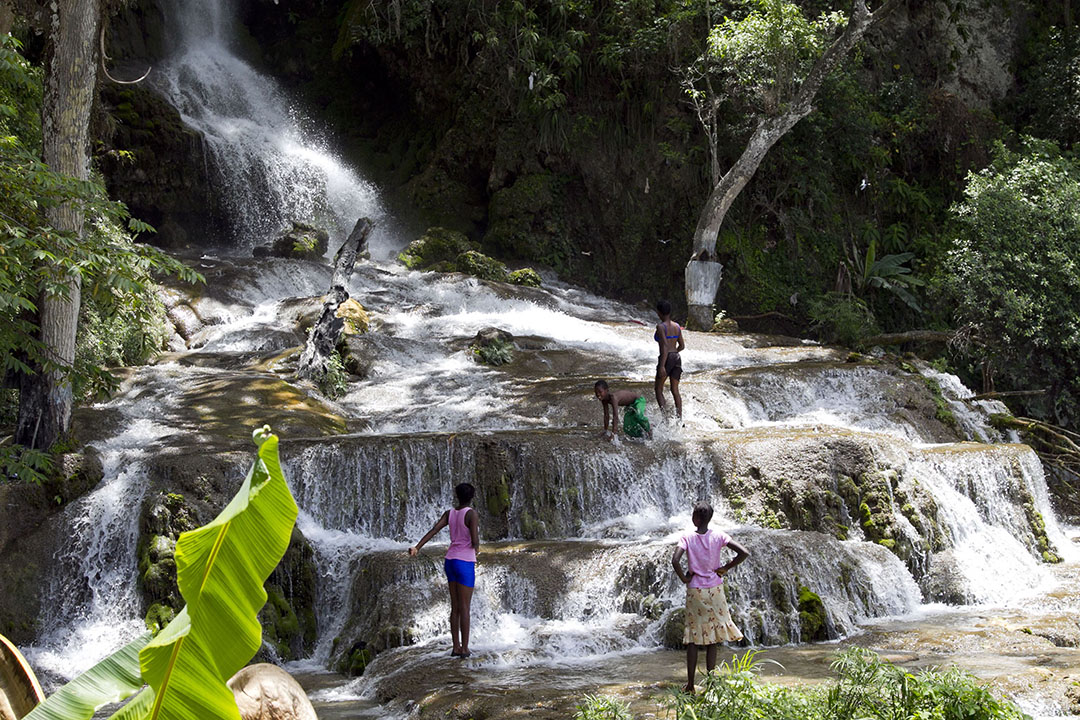8 May 2018: The Congo Water Partnership has evaluated the degree of the Republic of Congo’s implementation of integrated water resources management (IWRM, SDG indicator 6.5.1), through stakeholder responses to a questionnaire and discussion at a national workshop. At the 17 April workshop, participants called for a clear definition of IWRM to be reflected in national policy and legislation, and they designed a roadmap towards full implementation of IWRM. The Congo Water Partnership is affiliated with the Global Water Partnership (GWP), which has supported national reporting against indicator 6.5.1 by collecting data and organizing multi-stakeholder workshops in Africa, Asia, Eastern Europe, and Latin America and the Caribbean.
SDG target 6.5 seeks to implement IWRM at all levels by 2030, including through transboundary cooperation, as appropriate. Indicator 6.5.1 tracks IWRM implementation by assessing its four main components: an enabling environment; institutions and participation; management instruments; and financing.
According to UN-Water, other indicators linked to SDG 6.5 on IWRM are: the proportion of transboundary basin area with an operational arrangement for water cooperation (SDG 6.5.2); the amount of water- and sanitation-related official development assistance (ODA) that is part of a government-coordinated spending plan (SDG 6.a.1); and the proportion of local administrative units with established and operational policies and procedures for participation of local communities (SDG 6.b.1).
The Congo Water Partnership held its 2nd General Assembly on 18 April, the day after the SDG 6.5.1 workshop. Besides electing office-bearers, the General Assembly proposed to open some internship positions at the Global Water Partnership Central Africa office (GWP-CAf) for Congolese students working on IWRM, and on transboundary arrangements between Congo and Cameroon. [GWP Press Release on Workshop] [GWP Press Release on General Assembly] [UN-Water Page on SDG 6.5.1] [IISD-RS Report on SDG 6.5.1 Workshops]
